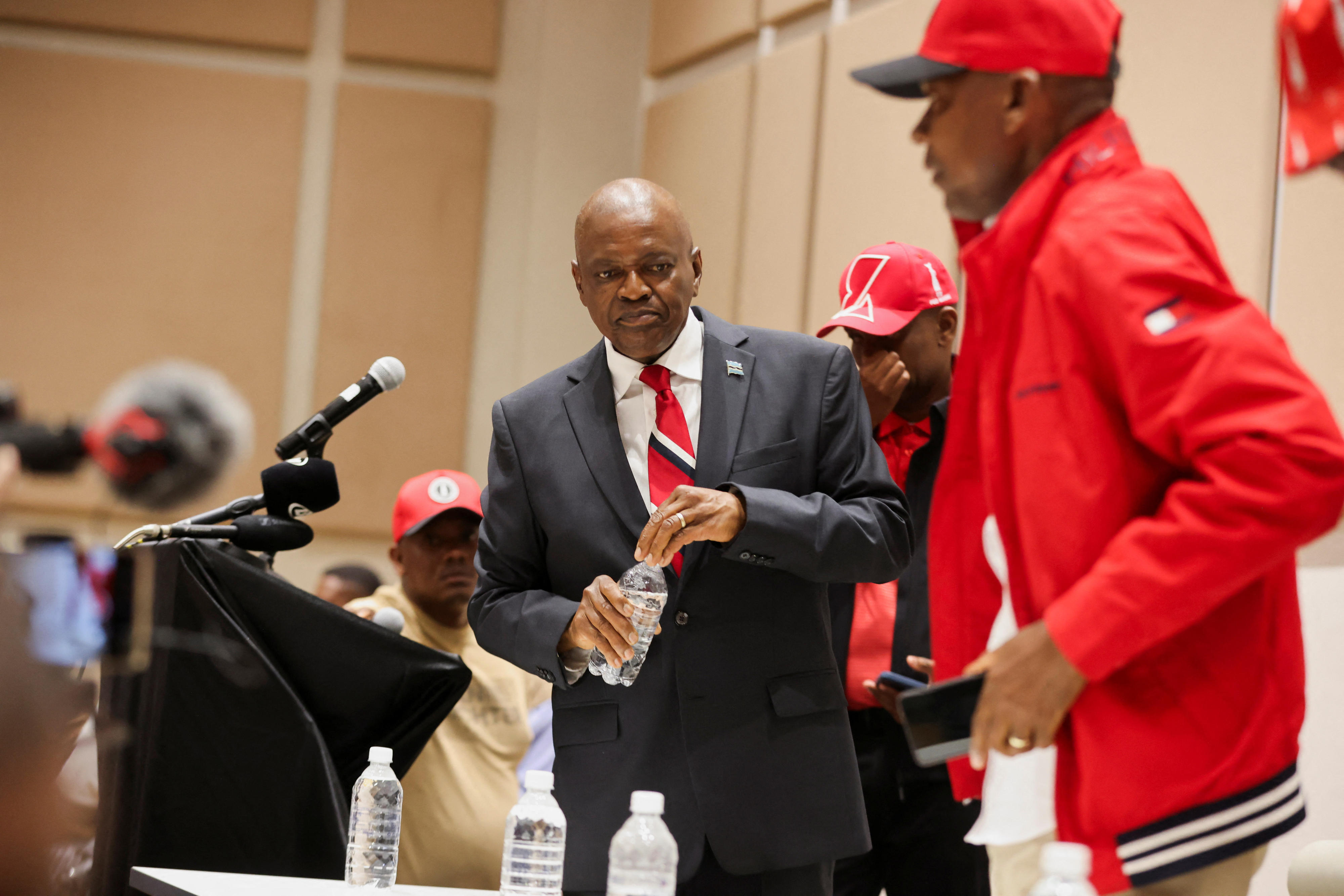Private sector cite obstacles in Uganda's mini-grid investment framework

Experts discussing the development of Mini-Grid Development at the Renewable Energy conference. Photo/Courtesy
What you need to know:
- Mr Henry Jumba, Coordinator of the Transform Project at GIZ, suggested that private investors explore Public-Private Partnership (PPP) models to leverage private capital.
Private players in Uganda’s energy sector have cited challenges like limited returns on investment and a lack of effective regulatory implementation as major obstacles to expanding mini-grid development in Uganda.
Mini-grids are energy systems that can be localised to supply electricity for a specific group of customers using technologies including solar, hydro, biomass, and wind.
During the 2024 Renewable Energy Conference and Expo held in Kampala on October 31, industry leaders, government officials, and energy experts called for greater attention to mini-grid development and urged improvements in the investment environment.
Mr Alex Wanume, Country Director for NOA Uganda, criticised the current regulatory framework, saying it lacks practical application.
“The framework looks good on paper,” he said. “But in practice, it’s a different story. Among us, there’s a running joke that every stakeholder in mini-grid development is crucial—except the mini-grid developer. The lessons we try to impart are sometimes adopted, but often, they’re not.”
He added, “A major challenge we face is the lack of trust in the private sector. There’s a perception that we’re only here to impose high tariffs on rural communities and then leave. This image limits our effectiveness, with minimal room to negotiate tariffs and concession periods from the start.”
Ms Elizabeth Kaijuka Okwenje, Principal Energy Officer in the Ministry of Energy’s Renewable Energy Department, acknowledged gaps in the regulatory framework that are being addressed.
“We have developed instruments like bundled tenders and a concession framework to offer subsidies to developers, encouraging private investment with government support. We are collaborating with the regulator, and isolated grid regulations are in place,” she said.
She added, “Another policy challenge is the lack of anchor loads in mini-grid areas, which impacts financial viability. Without productive energy use or income-generating activities, developers struggle to generate revenue. Innovation is key—developers need to look beyond electricity sales for viable revenue streams.”
Statistics from the Ministry of Energy show 45 operational mini-grids countrywide, yet policy, financing, and sustainability challenges persist.
Mr Patrick Tutembe, Principal Economist at the Ministry of Energy, emphasized the importance of demand in mini-grid areas to support investment recovery.
“Regulation here clearly states that any investment must be recouped, covering costs of operations and capital,” he said. “This requires sufficient demand in these regions so developers can generate enough revenue to recover their investments.”
Addressing funding constraints, Mr Henry Jumba, Coordinator of the Transform Project at GIZ, suggested that private investors explore Public-Private Partnership (PPP) models to leverage private capital.




